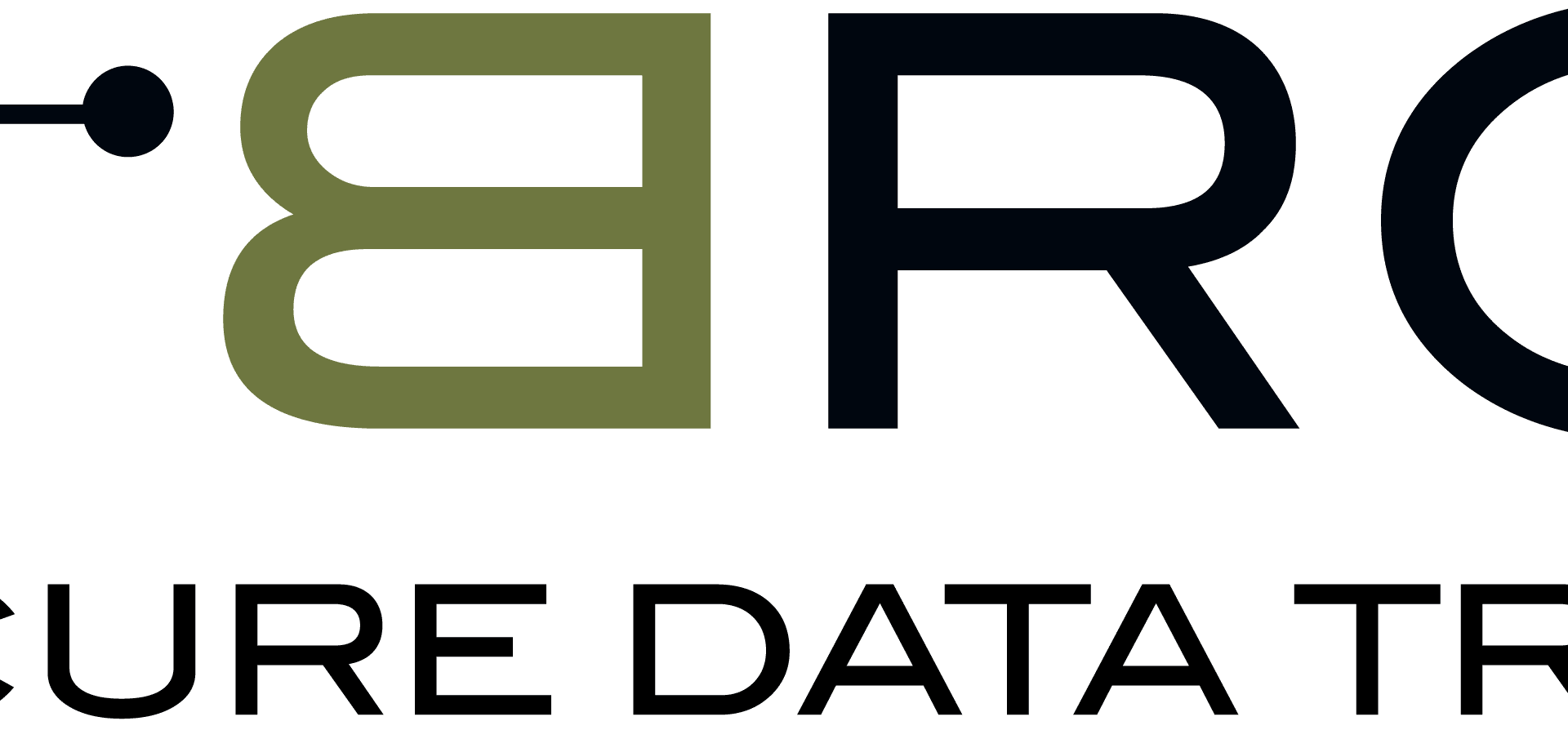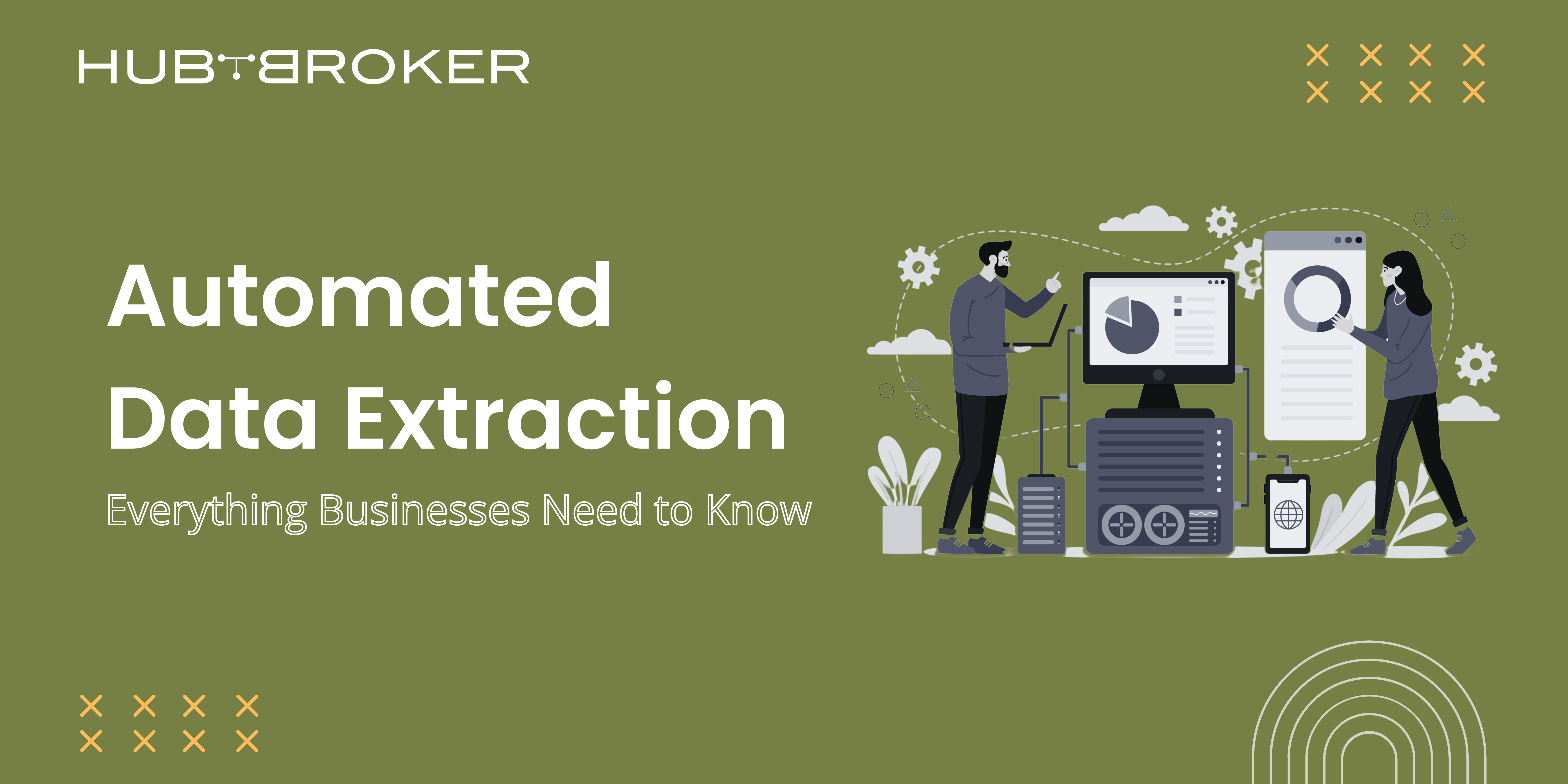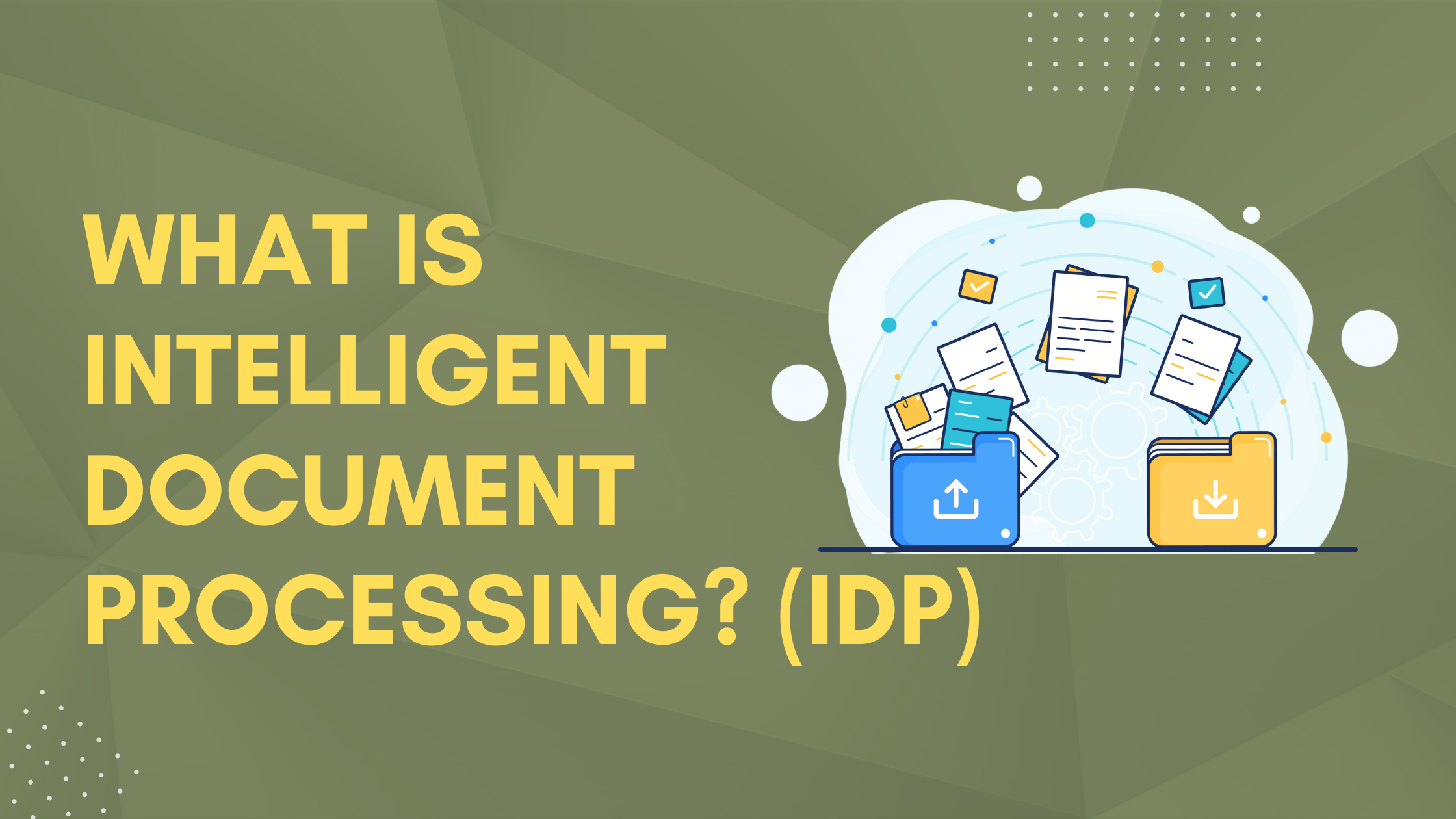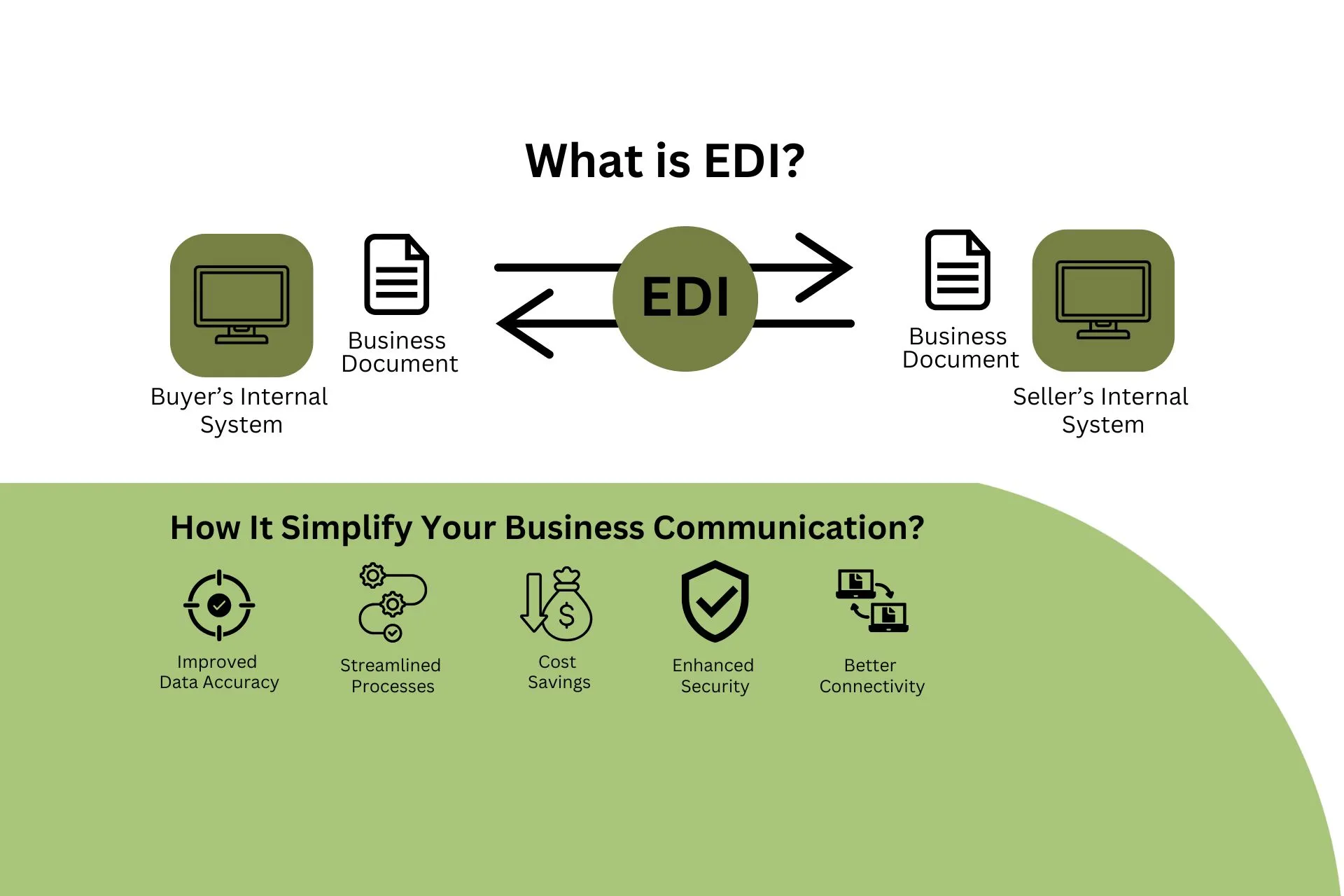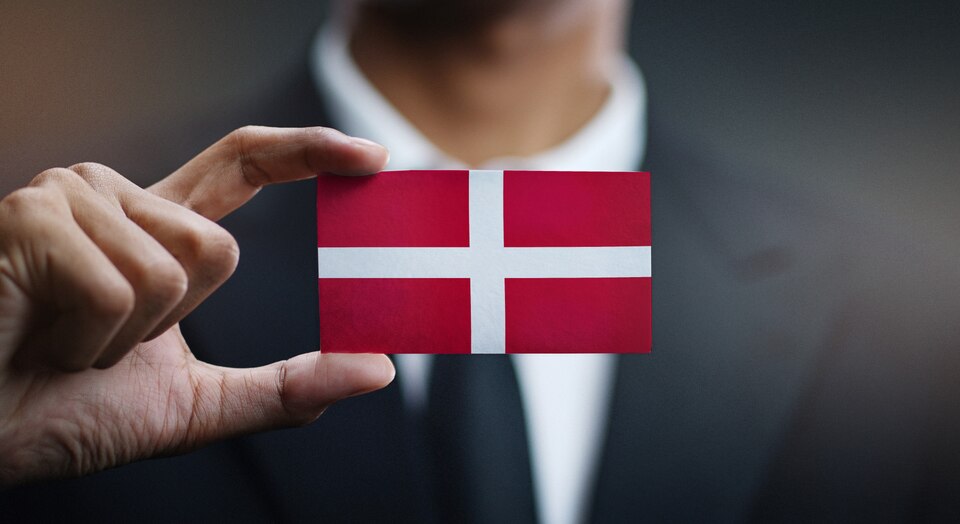In the European market of B2B communication, compliance with the Pan-European Public Procurement Online (PEPPOL) network has emerged as a pivotal factor in running the business. It aims to create a standardized framework for electronic document exchange, promoting interoperability and simplifying cross-border trade. This article explores the significance of PEPPOL compliance, particularly in e-invoicing, procurement, and e-procurement. Additionally, we delve into the evolving landscape of emerging EDI standards, providing insights into their role in facilitating global trade.
The Significance of PEPPOL Compliance:
Elevating E-Invoicing Practices:
PEPPOL compliance serves as a cornerstone for modernizing e-invoicing practices in Europe. By adhering to PEPPOL standards, businesses can streamline invoicing processes, ensuring a standardized and interoperable approach. This accelerates payment cycles, enhances transparency, and reduces the administrative burden associated with cross-border transactions.
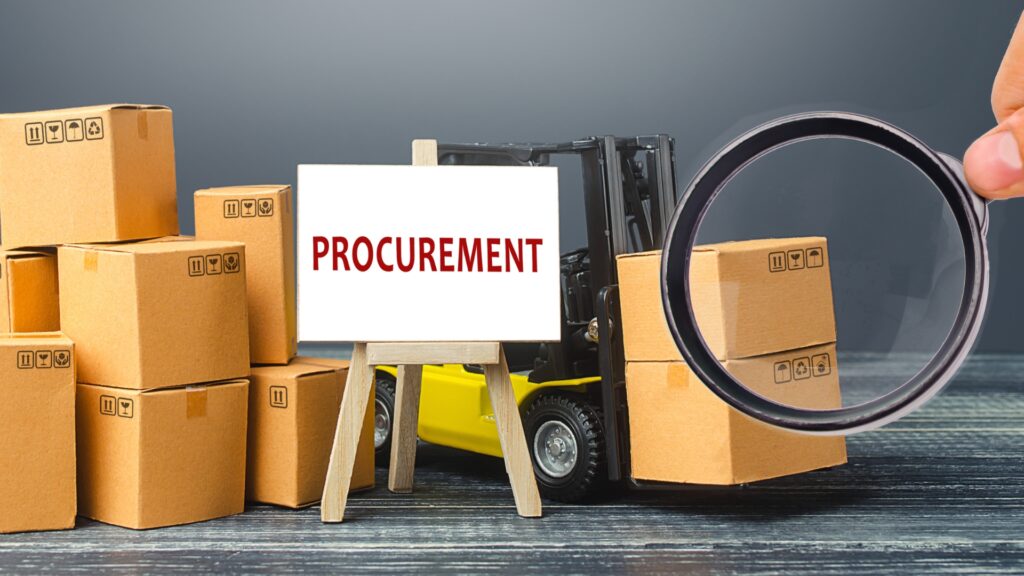
Optimizing Procurement Efficiencies:
Regarding goods procurement, PEPPOL compliance plays a crucial role in optimizing processes. The PEPPOL framework facilitates the electronic exchange of procurement-related documents, fostering efficiency and reducing manual interventions. As businesses embrace e-procurement initiatives, PEPPOL compliance becomes a strategic imperative for seamless communication and collaboration within the supply chain.
Exploring PEPPOL Standards and OpenPEPPOL:
Interoperability Across Borders:
PEPPOL, facilitated by OpenPEPPOL, ensures interoperability across borders by providing a standardized framework for B2B communication. This interoperability is vital in a European context where businesses engage in cross-border trade, enabling seamless data exchange and collaboration irrespective of geographical boundaries.
The Role of OpenPEPPOL in Standardization:
OpenPEPPOL, as an international non-profit association, plays a pivotal role in promoting and maintaining the PEPPOL specifications. It facilitates collaboration among public and private entities, fostering the development and adoption of open standards for e-procurement and e-invoicing. This commitment to standardization is key to ensuring a uniform and efficient B2B communication ecosystem.

Emerging EDI Standards for Global Trade:
EDI 4.0: A New Era of Integration:
As global trade evolves, emerging EDI standards are ushering in a new era of integration, often referred to as EDI 4.0. This next-generation approach focuses on enhancing connectivity, agility, and adaptability in B2B communication. EDI 4.0 leverages advanced technologies such as AI, machine learning, and cloud computing to provide a more intelligent and responsive framework for data exchange.
Blockchain in EDI: Ensuring Security and Transparency
The integration of blockchain technology in EDI is gaining traction for its ability to enhance security and transparency. By utilizing decentralized and tamper-proof ledgers, blockchain addresses data security concerns and provides an auditable trail of transactions. This is particularly relevant in the context of global trade, where trust and transparency are paramount.
Navigating the Future of B2B Communication:
In conclusion, companies trying to negotiate the challenges of B2B communication in a globalized marketplace will find that compliance with PEPPOL in Europe serves as a crucial pillar. Companies like HubBroker APS that are certified PEPPOL Access point can help businesses take the lead in international trade by adopting PEPPOL norms and investigating new EDI standards. This will guarantee compliance, flexibility, and creativity in their communication procedures. Keeping up with these changes is essential for businesses hoping to prosper in the dynamic and linked B2B ecosystem as the landscape keeps changing.
